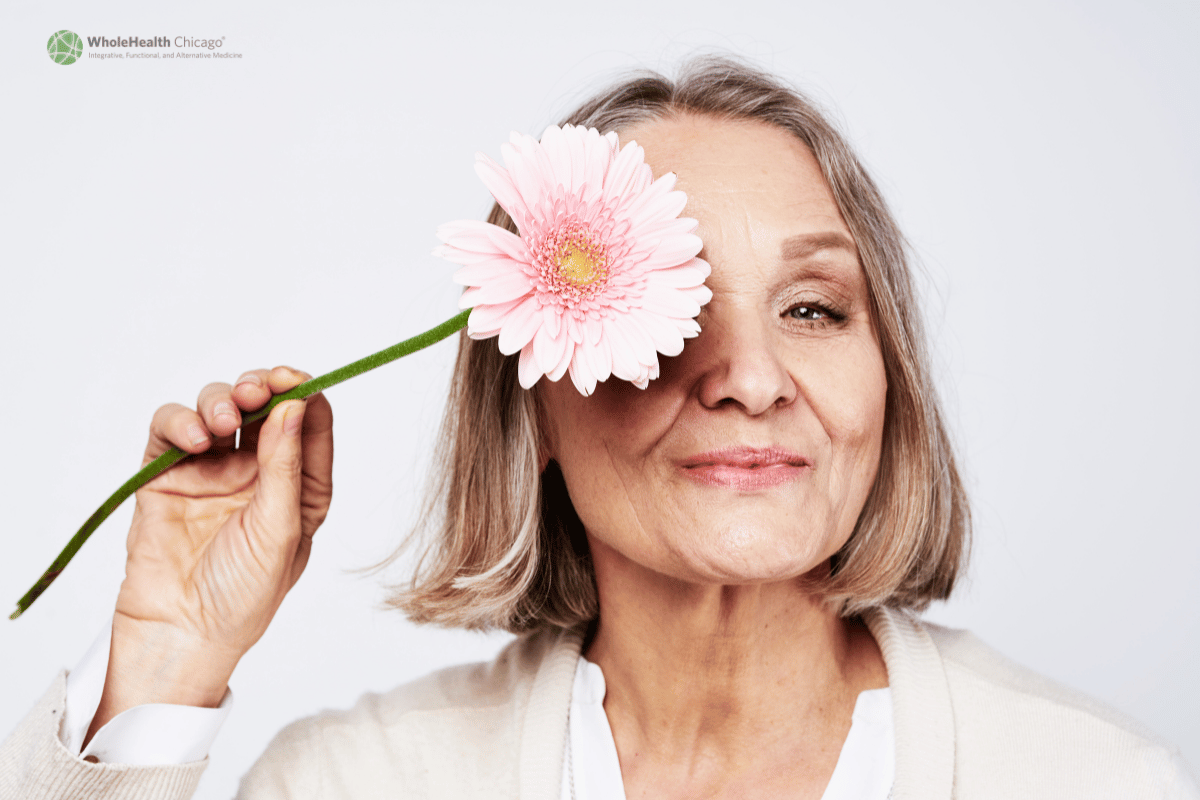A large study from Sweden was reported in The Washington Post that menopause symptoms like hot flashes and night sweats are coming earlier, lasting longer and more severe. 24% of women born between 1918 and 1930 had symptoms compared with 35% born between 1954 and 1960.
Lots of data were collected and questions asked. Were the increased numbers because women were more willing to talk about their symptoms? Was it diet? Weight? Race? Smoking? Genetics? Stress? Use of birth control pills? Do hot flashes run in families?
No matter how carefully researchers tried to tease apart the culprits responsible for this really surprising increase, it couldn’t be done.
The data does show that:
- Obesity will increase your susceptibility to menopause symptoms,
- Stress will play a factor (hot flashes can be helped by Cognitive Behavioral Therapy and antidepressants),
- Smoking increases hot flashes and smoking cessation will be helpful,
- Black women have most symptoms of menopause; Asians least; white women are mid range,
- Air pollution and rising global temperatures appear to be playing a factor in a change in the female DNA,
- Giving birth while obese will increase the chances of your daughter’s severe menopause symptoms,
- Highly suspect but not completely proven are the additives, chemicals and preservative in ultraprocessed foods,
- It is however well established that severe hot flashes and night sweats if left untreated statistically increase a woman’s risk for a stroke or heart attack.
It is however well established that severe hot flashes and night sweats, if left untreated, statistically increase a woman’s risk for a stroke or heart attack.
How We Treat Hot Flashes and Night Sweats At WholeHealth Chicago
If you’re symptoms are really mild, you can likely sail though the menopause transition with herbs.
For years, we have been recommending Black Cohosh and Evening Primrose Oil.
On the other hand, if you’re troubled by daytime hot flashes or night sweats, you’ll likely need bioidentical hormone replacement therapy (BHRT). Unlike the dehydrated horse urine of Premarin and Prempro, this is a soybean based product from a compounding pharmacy that is the molecular equivalent to the hormones (two estrogens, one progesterone) from the human ovary. It is available as a capsule, skin cream or melt-in-mouth troche.
Now for some interesting and positive news about menopause.
The “Grandmother Hypothesis”
Turns out, once you’ve made it through the roller coaster symptoms of the menopause transition, with or without hormone replacement, reaching menopause is actually good for you. Anthropologists termed the long life of postmenopausal women the “grandmother hypothesis” because someone had to be fit enough and smart enough to take care of grandchildren and great-grandchildren. That grumpy old man staring at the TV all day was neither (or he was dead).
The Menopausal Brain
Now researchers are investigating just how the female brain, which had been susceptible to the shifting tides of hormones while menstruating (think of the mood swings and brain fog of PMS and “baby brain”) can finally settle down with a new resiliency.
A new book, “The Menopause Brain” by neurologist Lisa Masconi, M.D. begins with the numerous symptoms of menopause (mood swings, depression, low libido, brain fog) and the effect of these symptoms on brain imaging studies. Then, after encouraging hormone replacement therapy, Dr. Masconi informs her postmenopausal readers of their new brain skills which include greater self-confidence, better emotional control and heightened empathy. The female brain is literally “rewired” for the better after the menopause transition.
One question Dr. Masconi admits is unanswered but is definitely being researched. We know that untreated menopause symptoms increase heart disease and stroke symptoms and hormone replacement therapy (HRT) reduces these risks. We also know that women have a greater risk of developing Alzheimer’s dementia than men.
Can HRT reduce a woman’s risk for developing dementia? The answer is “probably” but not positively.
You can schedule a hormone evaluation with any of the WholeHealth Chicago practitioners for either herbs or BHRTs at any of our locations.
Be well,
David Edelberg, MD

I am interested in ozone treatment for my knees. It works ! I had treatments in this office before. Please call asap.
Mary OConnor
I’m 61 and never experienced menopausal symptoms. No hot flashes, I’m always freezing, I sleep all night with my proper medication for my pain management. Only symptom I’ve experienced is vaginal dryness. My spinal cord injury has made my body temperature lower than normal. I remember how my mother suffered with menopause.
Dawn Barajas
Can bioidentical hormones and thyroid be prescribed across state lines, without an in person visit?
Tina Hepworth